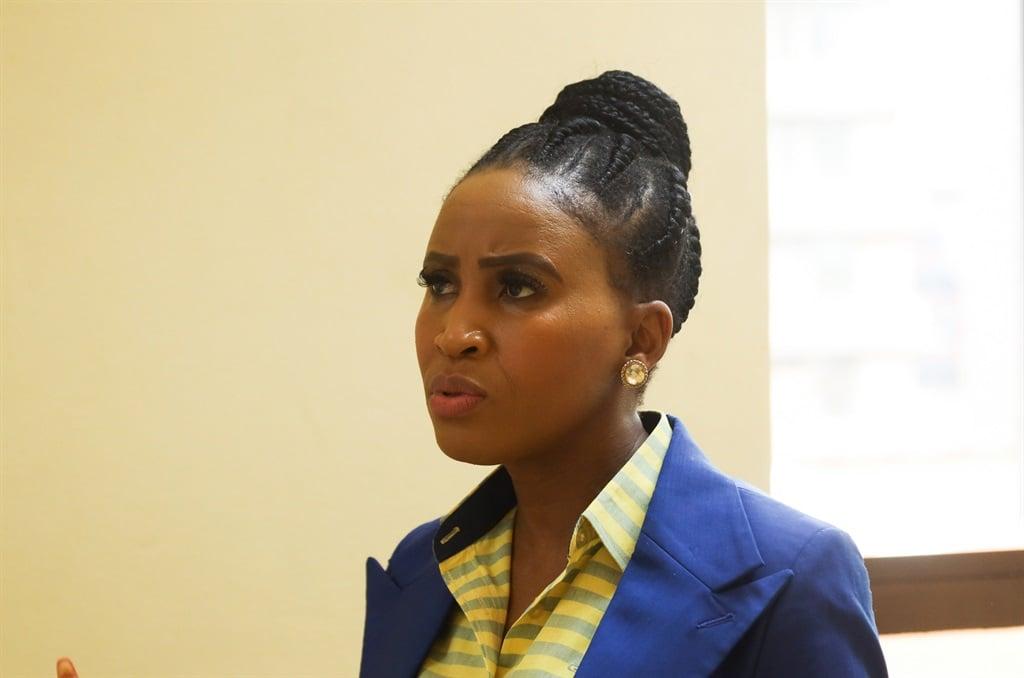Africa-Press – South-Africa. City Power has finally gone to market for alternative energy sources in an effort to mitigate load shedding.
On Thursday, the mayor, Mpho Phalatse, announced that the bulk electricity supplier had published requests for proposals from companies for a short-term purchasing agreement of up to 36 months.
This comes after the Energy Indaba in May last year. The two-day event saw energy officials, experts and City officials coming together to discuss solutions to the energy issue.
At the close of the event, Phalatse said that, within the following three months, City Power would go to market. She said the projects would then begin in a phased approach over 18–24 months.
Now, almost eight months later, and with load shedding getting worse, the City is finally making headway.
Johannesburg gets 90% of its electricity from Eskom and 10% from independent power producer (IPP), Kelvin Power.
The City is hoping to add between 400MW and 500MW of additional power to the grid.
Phalatse said publishing the requests for proposals signalled “a clear start for Joburg as we embark on the journey of securing reliable, sustainable and affordable energy that will keep the economy running and the lights on, thus sustaining and improving lives and livelihoods”.
“A city whose contribution to the national economy is almost 16%, while making up 40% of Gauteng’s economy, cannot be left without energy for hours on end,” she said.
Michael Sun, the MMC for Environment and Infrastructure Service, said the launch of the first phase of the IPP Programme was a culmination of many hours of work by City Power.
“While I am proud of the efforts thus far, this is only the beginning of the multiparty government’s determined effort to shield residents from the socioeconomic poison of rolling blackouts.”
The City is also undergoing an approval process for ministerial determination to procure power on a longer-term basis from IPPs.
According to the statement, by going out into the market now, City Power seeks to secure extra capacity from diversified energy sources, including solar, gas, battery storage, waste-to-energy, and the option of gas-to-power.
The CEO of City Power, Tshifularo Mashava, said: “The traditional business model of procuring the bulk of our power from Eskom is no longer viable. Eskom itself has conceded to that effect. For this reason, we have developed a sustainable energy strategy that includes procuring power from diverse sources.”
According to Phalatse, this step follows a five-month-long consultation with the National Departments of Treasury, Mineral Resources and Energy, Cooperative Governance and Traditional Affairs, the National Energy Regulator of South Africa, and the City of Cape Town.
Johannesburg hopes to follow in the footsteps of Cape Town, which has embarked on its plans to move away from Eskom completely.
The City will begin its second phase of IPP procurement in February.
For More News And Analysis About South-Africa Follow Africa-Press






